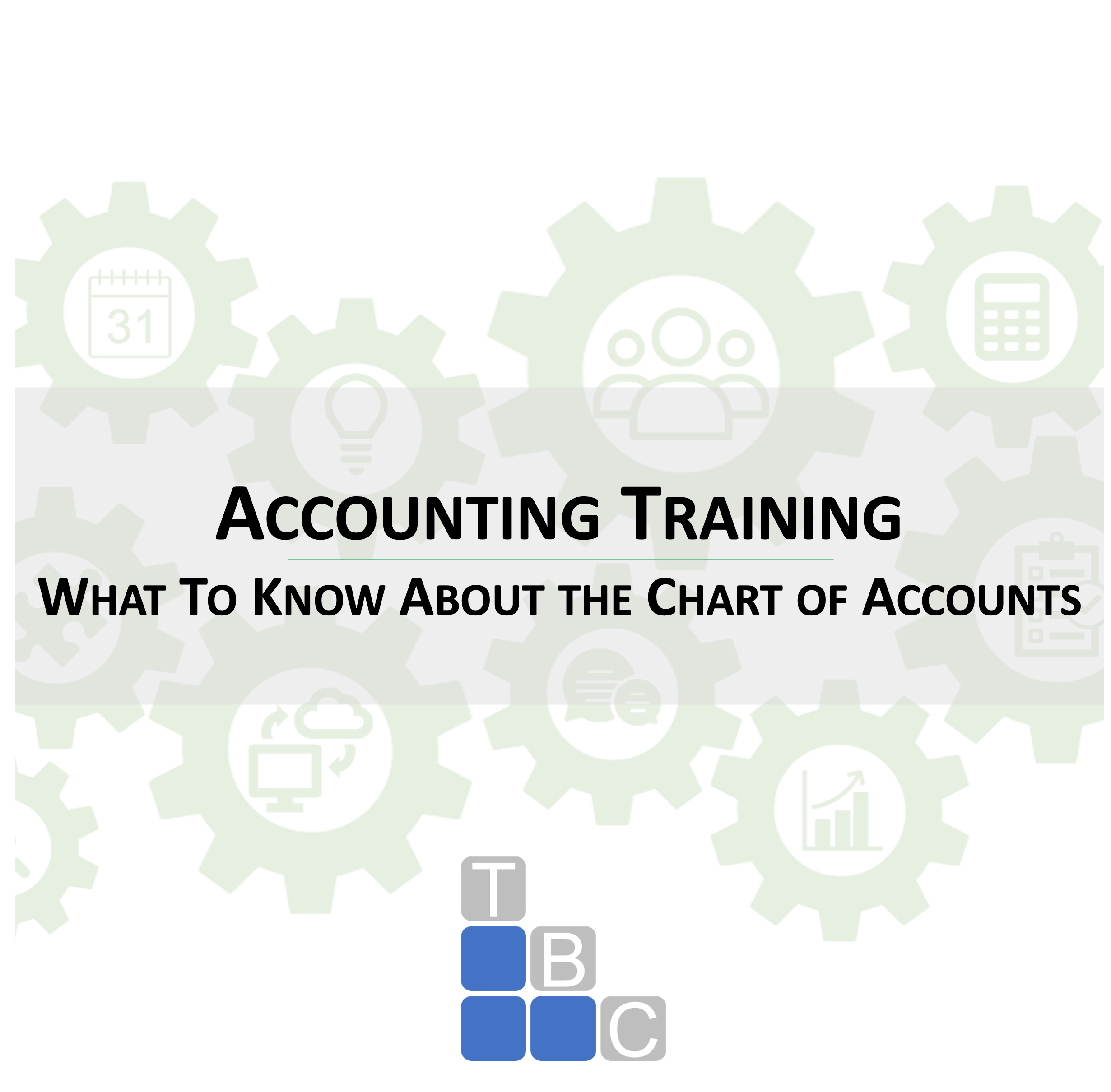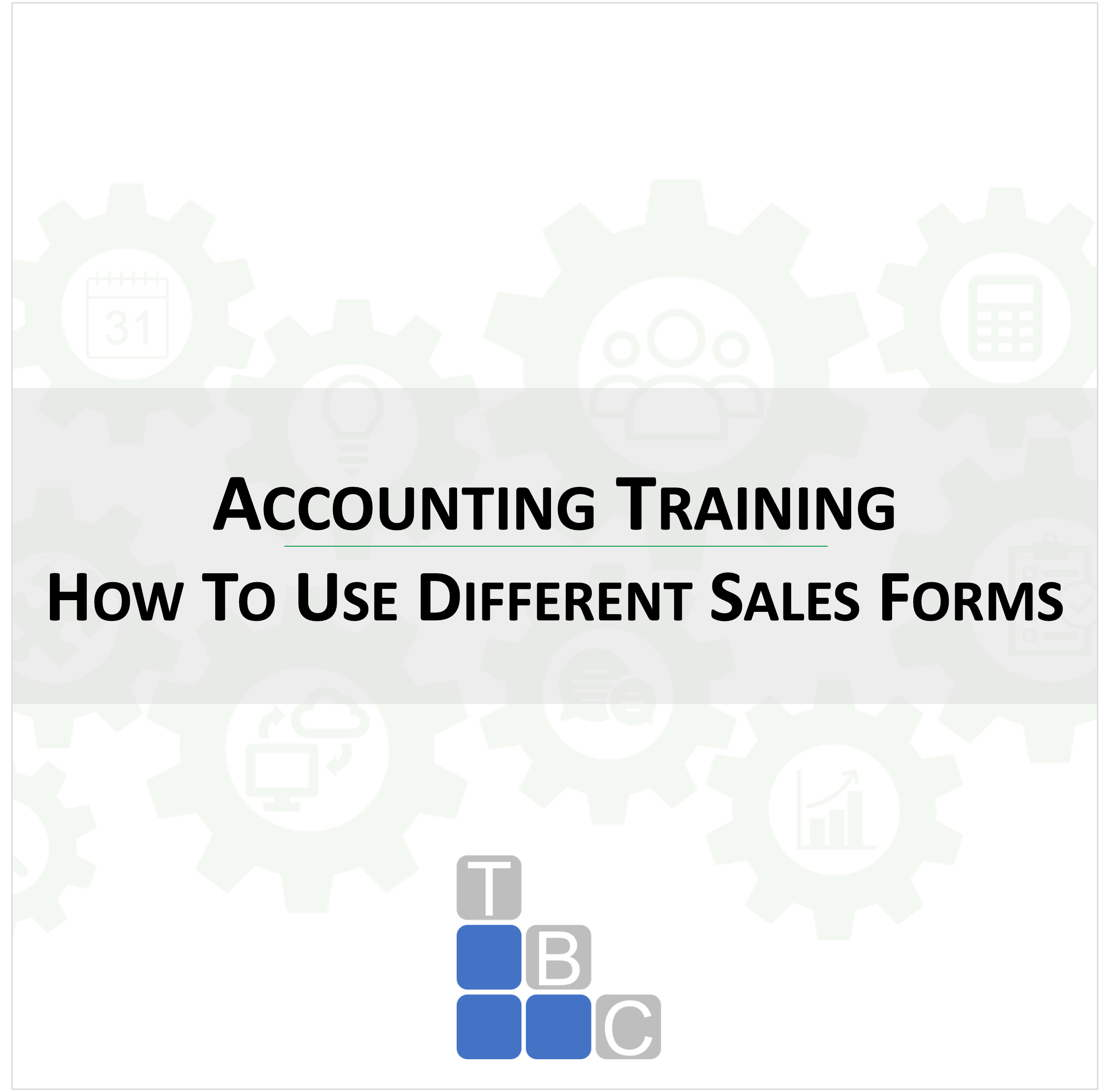Bookkeeping vs Accounting
While often used interchangeably, bookkeeping and accounting are distinct but related functions essential for any business's financial health. Think of bookkeeping as the foundation, and accounting as the construction built upon that foundation. Here is a breakdown of their key differences.
Overview
The focus and definitions of bookkeeping and accounting.
While bookkeeping focuses on maintaining an organized and precise record of all transactions, accounting uses this information to generate financial statements, conduct thorough audits, and provide valuable insights that support strategic decision-making. In essence, bookkeeping is the foundational process that supports and leads to the more analytical, evaluative, and managerial functions of accounting.
Bookkeeping
The process of tracking and recording a business’s financial transactions.
Accounting
The systematic process of using recorded data to analyze and report the finances of a business or organization.
Primary job functions
Both bookkeepers and accountants play a crucial role in tracking the financial health of a business. Here are some of the differences between the job functions of bookkeeping and accounting.
Bookkeeping primarily involves the systematic and detailed recording of financial transactions, ensuring that all daily business activities are accurately and meticulously documented. Accounting, on the other hand, encompasses a broader and more comprehensive scope that includes interpreting, classifying, analyzing, reporting, and summarizing this financial data to provide a clearer picture of a business’s financial health.
Bookkeeping
Bookkeeping is the foundation of any healthy financial system. A Bookkeeper’s day-to-day tasks might include:
Recording business transactions.
Managing invoices and ensuring bills are paid on time.
Reconciling bank statements and other accounts.
Maintaining ledgers (general ledger, accounts payable, accounts receivable).
Accounting
Accounting builds upon the foundation bookkeeping sets. Accountants’ duties may include:
Analyzing financial information recorded by the bookkeeper.
Provide financial advice for company decisions (cost reduction, revenue growth, investments).
Perform financial planning (forecasting and budgeting).
Preparing and analyzing financial statements (income statements, balance sheets, and cash flow statements).
Essential skills
Understanding essential accounting terms is crucial for effective financial management and decision-making. Familiarity with these terms can significantly enhance one’s ability to interpret financial statements and engage in strategic planning. Here are some essential terms to know:
Bookkeepers and accountants possess a range of essential skills that ensure accurate financial management and compliance. Bookkeepers excel in data entry, transaction recording, and maintaining detailed ledgers, requiring strong attention to detail and organizational abilities. Accountants build on these skills with expertise in financial analysis, tax preparation, regulatory compliance, and strategic financial planning. Both roles demand proficiency with accounting software, strong numerical aptitude, and the ability to interpret financial data to support business decisions. Effective communication and confidentiality are also critical, as they often handle sensitive financial information.
Bookkeeping
Data entry and accuracy: Make sure all financial transactions are recorded correctly and consistently. To do this, a strong attention to detail is needed.
Software proficiency: Has a proficiency in bookkeeping software, spreadsheet software and may have certifications in other platforms.
Account management: Know how to manage Accounts Payable and Accounts Receivable by processing invoices, payments and collections.
Payroll processing: Handle payroll functions, including the calculation of salaries, deductions, and taxes.
Tax reporting: Understanding of the sales tax regulations in the jurisdictions where the business operates.
Basic financial reporting: The ability to generate basic financial reports and summarize financial activity for a specific period.
Communication: Communicate with Vendors, clients, and internal teams regarding invoices and financial information.
Accounting
Auditing: Provide forensic accounting to identify any irregularities and any potential fraud.
Budget reporting: Create detailed plans to help track progress towards financial goals, and compare actual financial performance against the budget to identify variances and areas for improvement.
Financial analysis: Analyze financial data to assess a company’s financial performance, managing resources, and ensuring accountability and transparency in financial practices. They identify trends, potential risks, and predict growth opportunities.
Financial statement preparation: Prepare financial statements like Income Statements, Balance Sheets, and Cash Flow Statements. Understanding the Generally Accepted Accounting Principles (GAAP) and/or International Financial Reporting Standards (IFRS) is crucial.
Tax preparation and compliance: Strong tax knowledge is needed for those who specialize in tax preparation, ensuring companies and individuals comply with federal, state, and local tax regulations.
Financial modeling and forecasting: May use financial modeling techniques to forecast future financial performance and assess the impact of business decisions. By analyzing historical data and making informed assumptions, models can predict revenue, expenses, and cash flow.
Communication: Collaborate with multiple departments and communicate complex financial information to various stakeholders, including management and investors.
Accounting Articles
Want to learn more information about any accounting terms and how they apply? Here is a list of blog articles that we have published to help you learn more about any accounting terms, documents and/or procedures.
sticky_note_2 Please note: These are only some of the many articles that we have published. Please view our full collection in our Blog.























